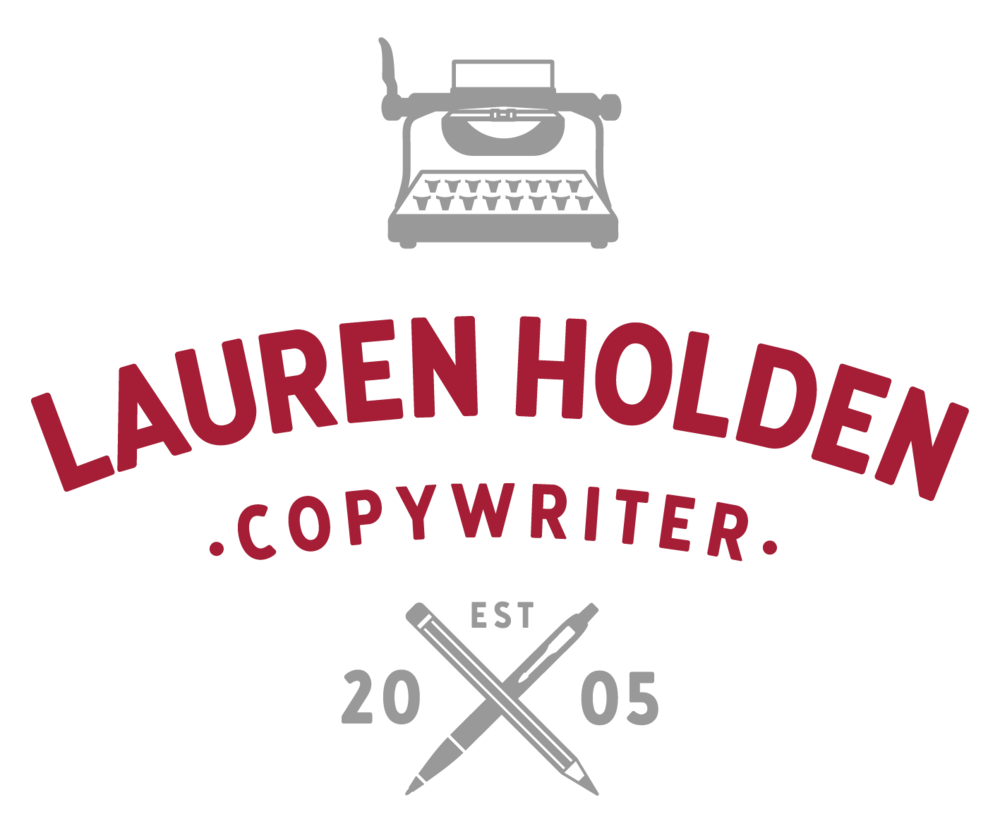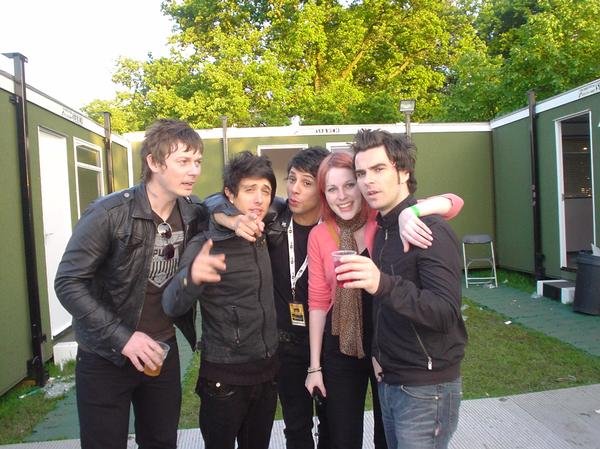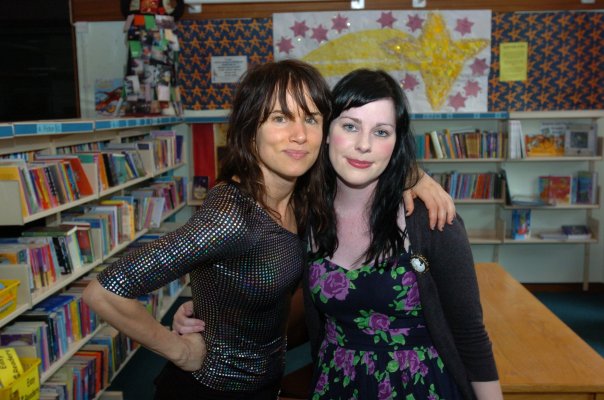To make the foray into a new and rewarding career - medicine, accounting and architecture being just three - there are usually several prerequisites, including anything from five years+ training to official accreditation.
Not to bash copywriting - it is, after all, an industry where a good mix of skill and passion is required - but there are several pathways one can follow to make it what is undoubtedly an exciting, yet hugely competitive, world of wordsmithery.
You’ll probably need a degree - in English and/or media - and plenty of relevant writing experience. Beyond that, there are several routes you can go down to join this here copywriting community. You might start out in publishing, PR or journalism, for instance.
My route into copywriting went like this:
A degree in English and Media
A five-year post as editorial assistant on a regional newspaper (which saw me pen a weekly music column and write a host of entertainment-related features)
Several years spent freelancing for magazines such as NME, Artrocker, the BBC, and more.
In my element with Stereophonics at One Big Weekend
Fresh out of university and itching to make even a small mark in regional journalism, my role at the newspaper stood me in good stead for entering the copywriting industry some five years later.
Between the ages of 21 and 26, I wrote about everything from local artists’ exhibitions to big-name musicians’ gigs and albums. On top of that, writing for NME magazine saw me head backstage at a host of gigs and festivals, interviewing some of my favourite acts and making the most of the jam-packed social life that came with it.
So, is music journalism a good route into copywriting, then?
While print media is sadly not as prominent as it once was, online music mags are booming. That said, bagging a job as a music journo is still - if not more - competitive than it ever was. Well, who wouldn’t want to attend a gig or two a week and get paid to do so?!
Interviewing Sterophonics’ frontman, Kelly Jones, for NME magazine
The fact is, any kind of pathway into writing will stand you in good stead for a fruitful career in crafting copy for businesses, big and small.
Here are a handful of skills I gleaned during my time as a freelance music journalist, which have since proved useful to my career as a self-employed copywriter:
Interviewing
Now, I don’t mean ‘interviewing’ folks for a job role, rather interviewing folks in order to extract quotes for an article or two. It’s a serious skill - and one that, when I first started out as a freelancer, I was probably pretty pants at.
It takes time and experience to hit upon how, what and when to ask the right questions - and it involves plenty of patience and the ability to build up an unbeatable rapport with all kinds of people.
As a music journo, you aren’t just required to speak to the musician(s) themselves. On top of this, you’ll be liaising with the bands’ PRs, music management, and editors and fellow freelancers at the magazine or newspaper you’re writing for.
Often, deadlines can be tight and the chance to bag an interview with a household name or two can be hit and miss.
You need plenty of resilience, as well as being a people person who knows how to glean the right info for the right audience. For example, NME readers may want to know different tidbits of info than, say, those who devour content on the BBC site.
It all comes with experience, though - and great interviewing techniques can be a fab skill to carry over into copywriting. Why? As a copywriter, a big part of your day-to-day life is extracting info from business owners, in order to get the details needed to craft some winning website content.
Storytelling
It isn’t enough to be a good listener and interviewer. Neither is it enough to be able to write well.
To be a good writer, you must be a good storyteller - and with the best will in the world, some folks are fair writers (as in, they can string a sentence together and know a few long words to slot in here and there), but can’t tell an interesting story. Can you?
Great storytelling is, I think, an unofficial prerequisite for a job as both a music journo - and a copywriter. People don’t just want to know that such and such a band has a new album out. They may also want to know what led them to releasing said album - and were there any challenges on the way? A good example of this is Stereophonics’ rise to fame.
While it wasn’t a story I had the fortune of penning myself, I remember learning how frontman Kelly Jones pretty much sent a demo tape a day to big-name record companies, before they were eventually signed.
Dirty Pretty Things’ drummer, Gary Powell
Gaining - and Maintaining Trust
A good music journo - and a good copywriter - will not only know how to talk to folks from all walks of life, they’ll know how to gain (and maintain) their trust.
After all, just as the frontman (or woman) from a national band might spill their innermost thoughts to you, so might a business owner who’s trying to get across why - and how - they do things differently. A great music journo (and copywriter) knows how to build trust with their subject and, more importantly, when to stop probing for answers.
No one likes a nosey parker - and people will open up to you more (now and during future engagements) if you respect when what they’ve told you isn’t for print.
So, can a music journo make a great copywriter? Absolutely - and there are many more skills besides the ones listed above that can cross over into the copywriting arena. Just don’t expect music journalism - at least on a local level - to pay big bucks.
After all, in some cases, competitive industries often equal poor pay. But getting to chat to your music idols backstage, or having a solo musician confide a secret or two with you ‘off the record’. Well you can’t put a price on that.
Thinking of going into music journalism, journalism - or copywriting for that matter?
Each can prove a rewarding career - and perfect for those who love to put pen to paper, have a passion and a flair for writing, and enjoy meeting new people and telling their stories.
Hollywood film star Juliette Lewis, also of Juliette and the Licks
If you’ve never written before but reckon you’re good at it, why not set up a blog and start posting some of your creative pieces there? It’ll serve as an online portfolio of work, ideal for when the right opportunity crops up - and it may set up apart from other candidates who are vying for an entry-level writing job too.
Until next time…









